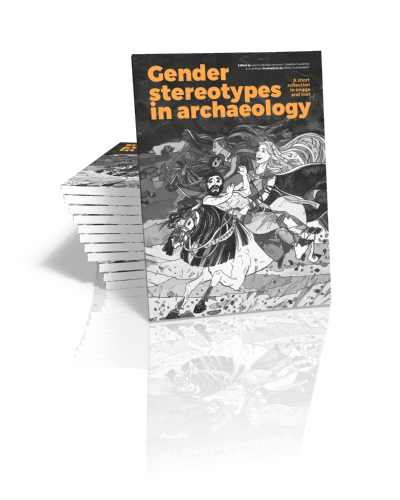Uroš Matić

Uroš Matić has obtained his PhD from the University of Münster (Germany) in 2017 and has since lectured at the Universities of Münster, Vienna, Graz and Innsbruck. He directed several stand-alone postdoctoral projects from 2018 to 2025 and participated on archaeological excavations and in museum studies in Egypt, Sudan and Lebanon. He received two prizes for his doctoral dissertation Body and Frames of War in New Kingdom Egypt: Violent Treatment of Enemies and Prisoners (Harrassowitz, 2019): the Philippika Prize of Harrassowitz in 2018 and Best Publication Award of the Austrian Academy of Sciences in 2020.
Since 2009 he is a member of the European Association of Archaeologists and the community Archaeology and Gender in Europe, which he co-chaired from 2016 to 2019. He extensively published on archaeology of the body, war, violence, gender and sexuality, with most recent publications including Violence and Gender in Ancient Egypt (Routledge, 2021), Beautiful Bodies. Gender and Corporeal Aesthetics in the Past (Oxbow, 2022) and Current Archaeological Debates from a Gender Perspective (Springer, 2024, co-edited with Bisserka Gaydarska, Laura Coltofean and Marta Diaz Guardamino).
He is co-editing the Element series Archaeology and Gender of the Cambridge University Press together with Katharina Rebay-Salisbury. He is also co-editing the series Hot Academia of Sidestone Press, together with Laura Coltofean and Bisserka Gaydarska.
Books by Uroš Matić
Bodies that Mattered
Ancient Egyptian Corporealities
Edited by Dina Serova & Uroš Matić | 2025
Bodies are immanent element of socio-cultural negotiation. Since the 19th century, Egyptology has produced vast knowledge on the ancient Egyptian bodies (human, divine, animal), however, mainly by focusing on funerary aspects of ancient Egyptian culture.…
Gender stereotypes in archaeology
A short reflection in image and text
Edited by Laura Coltofean-Arizancu, Bisserka Gaydarska & Uroš Matić | 2021
Were men the only hunters and producers of tools, art and innovation in prehistory? Were women the only gatherers, home-bound breeders and caregivers? Are all prehistoric female depictions mother goddesses? And do women and men…







